
We would like to give a huge thank you to our speakers, the talks they deliver are the reason we have this conference.

Latency analysis is the act of blaming components for causing user perceptible delay. In today's world of microservices, this can be tricky as requests can fan out across polyglot components and even data-centers. In many cases, the root source of latency isn't a component, but rather a link between components.
This session will overview how to debug latency problems, using call graphs created by Zipkin. While we're at it, we'll discuss how the model works, and how to safely trace production. We'll demo with an example app you can download, using spring boot with spring cloud sleuth. Finally, we'll overview the ecosystem, including tools to trace other languages and frameworks.
When you leave, you'll at least know something about distributed tracing, and hopefully be on your way to blaming things for causing latency!
Adrian is an active member of cloud interoperability circles. He is the founder of a few popular open source projects, notably Apache jclouds and Netflix feign. Recently, he’s focused on distributed tracing, particularly in the OpenZipkin project. Adrian works at Pivotal in the Spring Cloud OSS team.
The video for this talk is available on YouTube
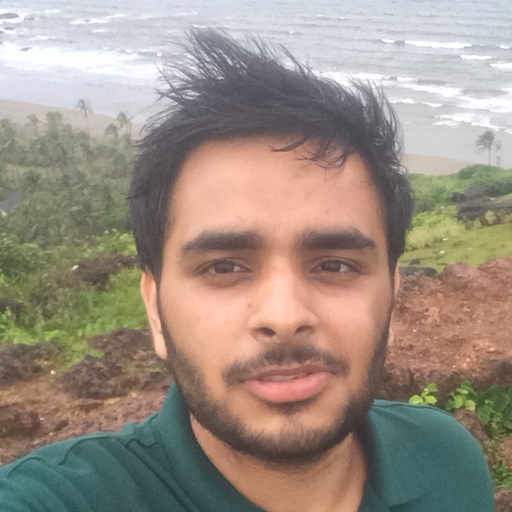
Code Completion is a vital feature of popular IDE’s. Our challenge was to integrate it with our web based IDE on HackerRank and CodePair with lowest possible latency. This session will walk you through the journey of how we started, our roadblocks and to the final system which scaled to 50M requests a month supporting 10+ programming languages on a user base ranging across the globe. It will help you to understand the challenges of writing a low latency web app and the approaches to tackle the known issues.
Software Engineer working on interesting problems at HackerRank.
The video for this talk is available on YouTube
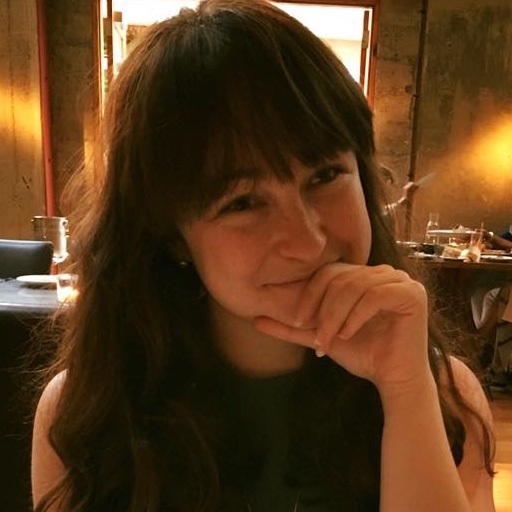
Nina Schiff
Engineer
Facebook
Facebook’s user-base is quickly approaching the total number of users connected to the Internet, which means that in order to continue the company's mission of connecting the world, we have to focus on connectivity itself: finding a way to bring the remaining 60% of the world onto the Internet. This requires shifts in thinking, innovation in technology and above all else, finding a way to scale this technology so that we can provide as much to as many with the lowest cost. In this talk I'll discuss how Facebook is using a multifaceted approach to this problem, from terrestrial projects like Terragraph and ARIES, which focus on providing efficient, fast, cheap and scalable wireless Internet for dense urban areas, to UAVs and satellites, like the Aquila project, aimed at connecting rural communities not already reached by cellular networks. This talk will discuss how these projects have pushed the boundaries of networking in both hardware and software, as well as the lessons learnt along the way. Also lasers.
Nina is a software engineer at Facebook. She currently works on the control plane of Facebook's custom network switches. Before that she spent time playing with containers as part of Facebook's deployment system. She's originally from Cape Town, went to UCT and did her time at Amazon EC2 before making the move to the US. Her claim to fame is taking down Facebook (and Instagram, Oculus and Messenger) for 30min. Good times.
The video for this talk is available on YouTube
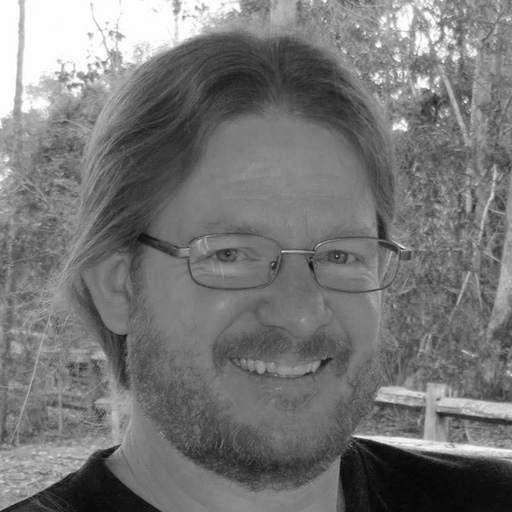
David Newman
DevOps Engineer
Automattic
Give an overview of the infrastructure of WordPress.com, the largest WordPress multi-site installation to date with over a billion database tables. Detailing how we scale each component from DB sharding, request caching, images, etc., as well as some focus on code deployment and DDoS mitigation. With the second half of the talk covering our container-based single instance WordPress hosting platform for VIP Clients.
DevOps/Systems engineer, currently working as the lead on the VIP Go container-based hosting platform. Worked on a few other key projects at Automattic, including the Jetpack Monitor service, the mShots website thumbnail service, and the WP.com and Photon image serving services.
Previously a founding member and CTO of One Digital Media, the largest digital signage company in Africa. Where he focused on developing and maintaining a large network of Linux-based retail and signage systems across Africa, with focuses on product R&D, production and software development.
The video for this talk is available on YouTube
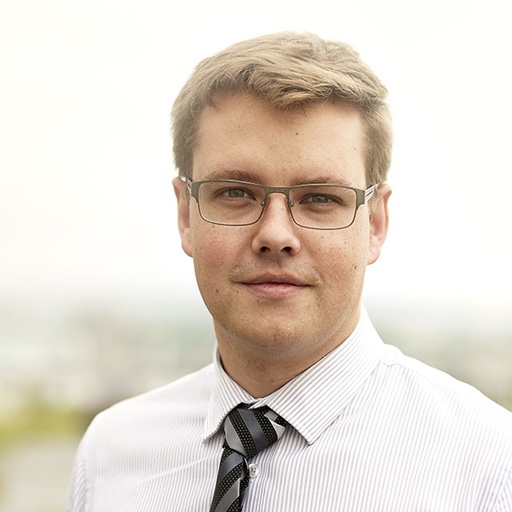
Robert Herbst
Platform Engineer
Allan Gray
The financial giants are stirring from their slumber. The startup world is making too much noise to ignore. But big ships are slow to turn. Can big corporate innovate and what does it take? There's an enterprise renaissance under way and this talk will be the red bus tour through pain point pass, the technique trenches and the anecdotal Alps.
This talk takes a look at how many of the modern tech company practices are being applied in enterprises covering topics ranging from agile culture to technical solutions, touching on legacy systems and docker docker swarms co-existence. Code governance, communication and collaboration in companies with a waterfall culture. What does it take to create a space for innovation in companies of scale? It's mostly a cultural talk with examples of how technologies can be used to change culture. I won't be talking about scaling container clusters but rather about how container clusters might be used to enable innovation at scale.
I've worked with technologies ranging from .NET to Ruby & Rails and most recently ES6 front-ends and functional back ends in Scala & Haskell. While I love the tools we use I'm driven more by the problems they solve.
I've ventured in and out of the developer community having presented at the Cape Town Ruby Brigade, starting the Cape Town iOS meetup and more recently presenting at the Cape Town React meetup. I've done some nondescript open source work with one jQuery plugin gaining some momentum for a brief time in 2010.
I've spent time in consultancies, start ups & traditional businesses solving problems like automated fraud detection, appointment management, eCommerce & education. For the last year I've been working at Allan Gray as we re-imagine how we can use technology to better serve our clients. I've been heavily involved with our new front end applications and influencing culture in our new teams.
Buzzwords: Continuous Delivery, Docker Swarms, Spotify Model (Guilds & Chapters), Microservices, Martin Fowler, Lean Methodology, UX & UI, Devops
The video for this talk is available on YouTube
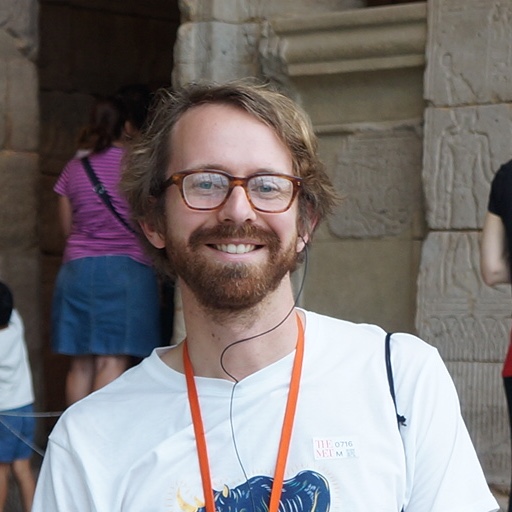
Izak Marais
Software Engineer
Vastech
In 2009, VASTech set out to build a system to monitor high-speed IP channels. Specifically, the system would capture every packet of interest from multiple 10 Gbps signals.
In my presentation, I’ll talk you through the project, and describe our solution to this challenging problem. I’ll recall some of the design decisions we made early on, and comment on what we got right. More interestingly, I’ll remember fondly what we got wrong and what we’ve learned along the way.
I’ll look in detail at our home-grown NoSQL document store, and the block-based storage service that supports it. I’ll discuss the very high performance and availability targets we set for ourselves, and describe how we approached them. And I’ll speculate about the problems we still need to solve.
Izak Marais is a software engineer at Vastech. Currently he works on the distributed system described in the talk. His previous work at Vastech included working on a scalable service monitoring solution. He received his PhD in Electronic Engineering from Stellenbosch in 2008, but still enjoys continuing to learn and improve himself.
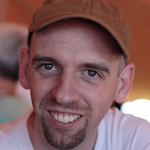
Bruce Merry
Senior Developer
SKA South Africa
I'll describe my experiences with building a custom framework (scheduler) for Mesos, which will be used to manage the Science Data Processor for the MeerKAT telescope. I'll start with a brief overview of the Mesos architecture, explain some of the problems that we didn't feel could be solved by Marathon, and talk about what was easy and what wasn't.
I am a senior developer at SKA South Africa, building software for the MeerKAT radio telescope. My background is in compute science and GPU computing.
The video for this talk is available on YouTube
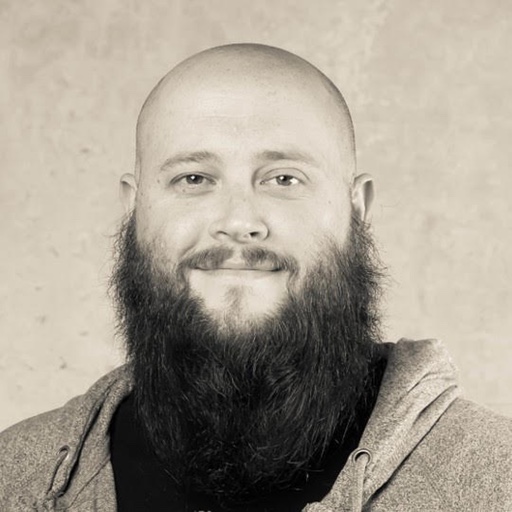
Most talks show you the ugly start (A), followed by some hand waving, and then jump straight to the agile, paradigm-shifting docker unicorn where all the devs are smiling (Z). Steps B-Y are missing. In this talk, I will cover the changes made to make building, deploying, and monitoring code easier - step by step. We went through our first 10x user increase in November 2016 and are preparing for the next 10x in early 2017. This talk will focus on managing DNS, configurations for multiple environments and automating infrastructure with Terraform on AWS.
Cobus used to call himself a developer, then he decided that a decade of dealing with having code flung over the wall at the ops people was enough. He now focuses on infrastructure and deployment automation, and managing systems at HealthQ Technologies in Stellenbosch. As an advocate of DevOps principles, he’s building a community around DevOps in Cape Town, having founded and helped organise both the Cape Town DevOps meetup group in 2015, and DevOpsDays Cape Town in 2016.
The video for this talk is available on YouTube
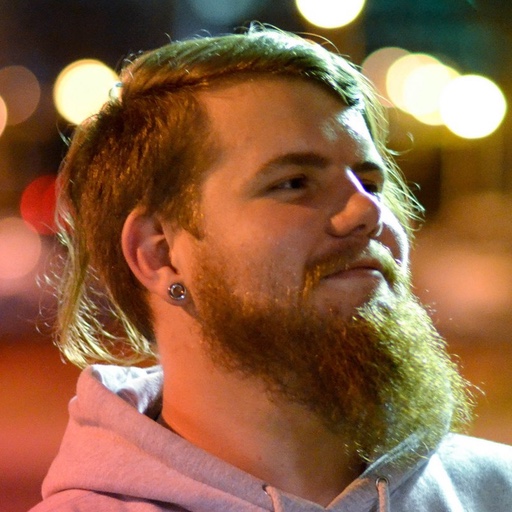
Over the last 14 months we've got rid of more than 20 servers and made a lot of progress consolidating how our projects are deployed. We're running almost everything in Kubernetes in production.
We've got a bunch of war stories about signal propagation, Docker falling over, all nodes becoming unschedulable for services, running stateful stuff like Kafka and Elastic Search in Kubernetes, and with moving local development from Vagrant and Virtualbox to Minikube on xhyve and KVM.
Site Reliability Team Lead at Superbalist.com
The video for this talk is available on YouTube
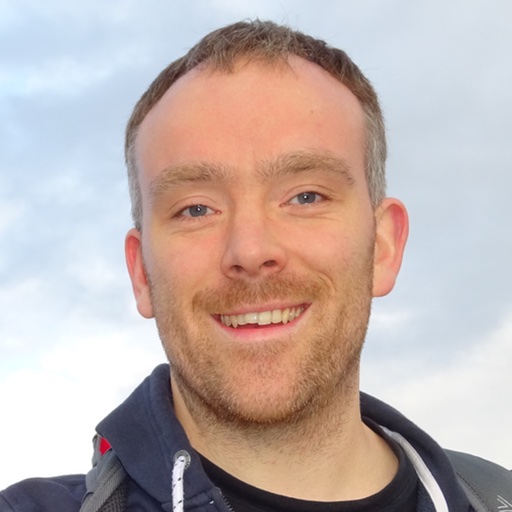
Matthew Clark
Lead Technical Architect
BBC
The BBC’s websites and mobile apps are used by hundreds of millions of people each week. News, video, entertainment and much more is offered in dozens of languages to users around the world. But this breadth of content and audience size has meant some big scaling challenges. To solve this, the BBC has embraced microservices: small, easy-to-understand systems that can easily scale and combine to create powerful solutions.
In this talk, Matthew will describe how the BBC has designed and built its microservices architecture. Principles such as simplicity and sharing, combined with technology such as Node.JS and the cloud, have created a compelling approach: microservices that are quick and easy to make, fast and reliable, and globally scalable. The talk will look at how the BBC architects and runs its microservices, including the lessons learned, and what the future holds next.
Matthew Clark is a lead technical architect at the BBC. He’s been responsible for the design and delivery of some of the BBC’s biggest online projects. This includes coverage of huge global events, including the Olympic Games and US Elections. He lives in Manchester, England.
The video for this talk is available on YouTube
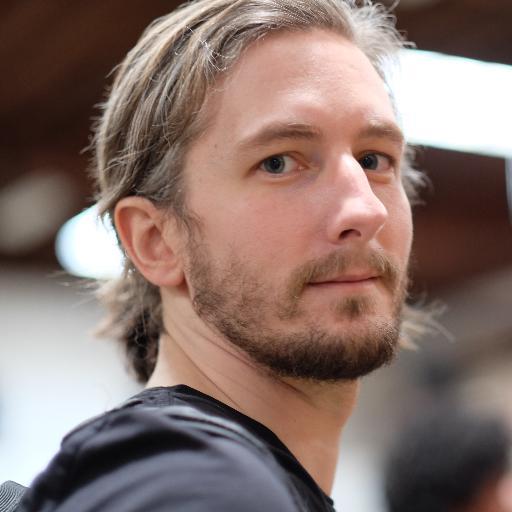
Edge compute — the idea of executing logic close to users, rather than in a central system — is at the stone age of its history. What we consider cutting edge today is only the beginning; with new products like Amazon Lambda, the idea of pushing logic to the edge of the network has started to become more mainstream. However, the big innovations are yet to come. What would it take to build complete, complex applications at the edge? What new, state-of-the-art tools and concepts would we need? We will discuss where the edge is heading over the next several years, some ideas for what it could look like, and how it could fundamentally change the way you build applications.
Tyler McMullen is CTO at Fastly, where he’s responsible for the system architecture and leads the company’s technology vision. As part of the founding team, Tyler built the first versions of Fastly’s Instant Purging system, API, and Real-time Analytics. Before Fastly, Tyler worked on text analysis and recommendations at Scribd. A self-described technology curmudgeon, he has experience in everything from web design to kernel development, and loathes all of it. Especially distributed systems.
The video for this talk is available on YouTube
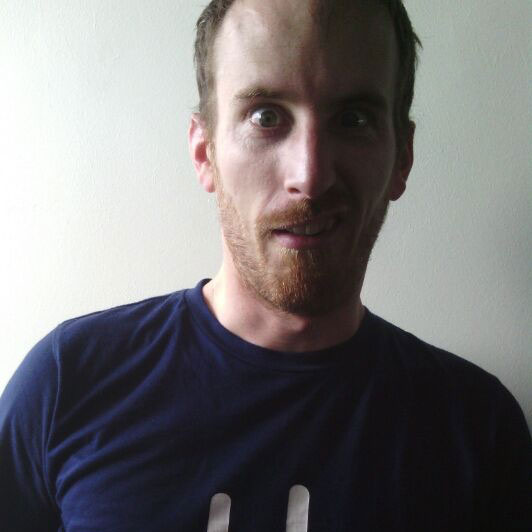
Sometimes we can make such a big deal of picking the tools and systems we use to solve the problems we perceive we have (or will have in the mythical future where we're successful). We'll explore some situations of colossal over complication, radical underestimation, and sanity inducing decision making around the problem of building for Just Enough Scale.
Using previous consulting projects, personal business ventures and the current work being undertaken at Picsa, Mike will provide some real world advice for not getting fired while making plenty of mistakes.
Mike is the CTO of Picsa, a company in Cape Town working with employers to protect and improve the financial well‑being of their employees through innovative and impactful financial products. He's still making his own coffee (but is less likely to shout "MARKETING" randomly at conferences these days). Born and raised in London, but now resident in Cape Town with his growing family, he appreciates all that the city has to offer as an awesome place to build a socially valuable business.
The video for this talk is available on YouTube
This site is hosted on Github, please feel free to look around and contribute.
© ScaleConf 2022